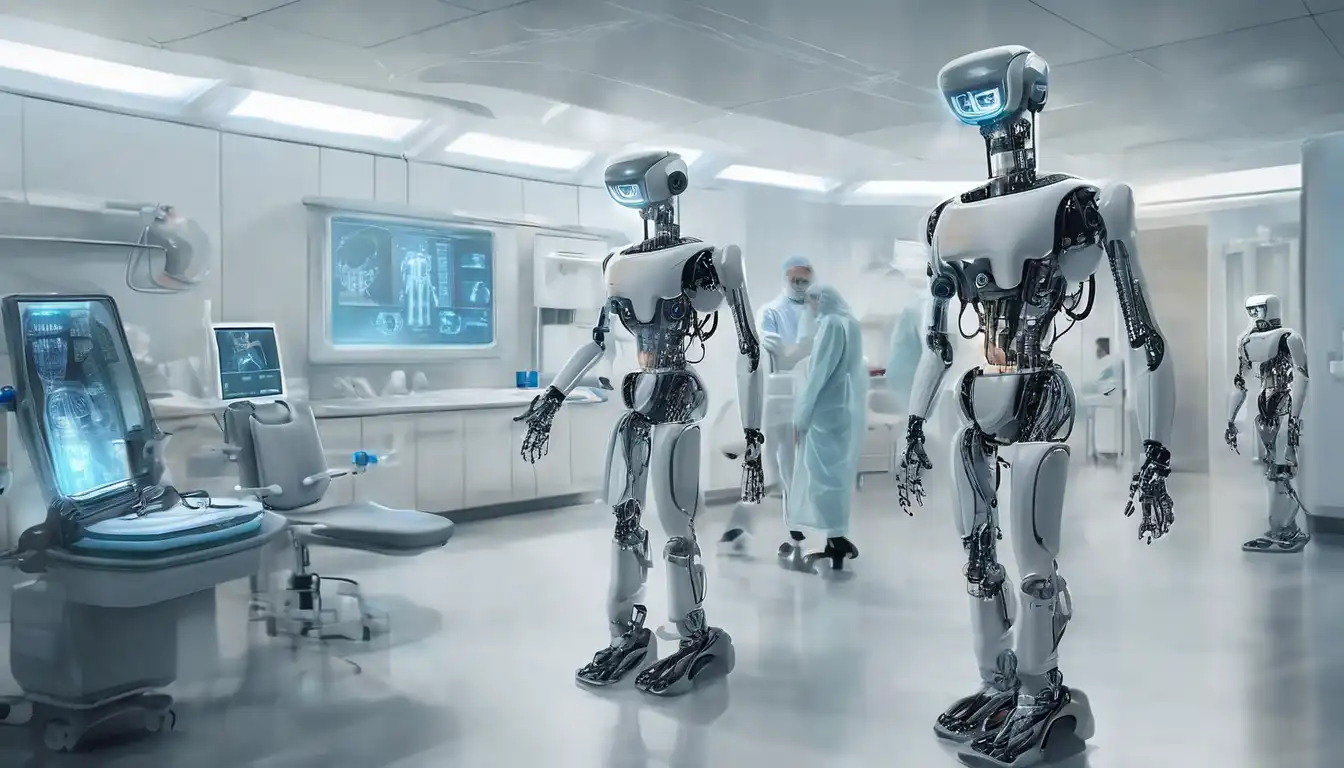The Next Era of Robotics in Healthcare
The integration of robotics into healthcare is transforming patient care, surgical procedures, and rehabilitation processes. This technological evolution is not just enhancing efficiency but also improving the accuracy and outcomes of medical treatments. As we look towards the future, the potential for robotics in healthcare seems boundless, promising a new era of medical innovation and patient care.
Transforming Surgical Procedures
Robotic surgery has become a cornerstone of modern medical practices, offering precision that surpasses human capabilities. With advancements in AI and machine learning, robotic systems can now assist in complex surgeries, reducing recovery times and minimizing risks. The future may see fully autonomous robotic surgeons, but for now, they serve as invaluable tools in the hands of skilled professionals.
Enhancing Patient Rehabilitation
Robotics is also making waves in patient rehabilitation, providing support and therapy for those recovering from injuries or strokes. Robotic exoskeletons and prosthetic limbs are giving patients newfound mobility, while robotic therapy devices are enabling more effective and personalized rehabilitation programs. These innovations are not just improving quality of life but are also reducing the burden on healthcare systems.
Streamlining Hospital Operations
Beyond direct patient care, robotics is streamlining hospital operations. From automated dispensing systems for medications to robotic assistants for routine tasks, these technologies are freeing up healthcare professionals to focus on more critical aspects of patient care. The efficiency and reliability of robotic systems are proving to be game-changers in hospital management and logistics.
The Future of Robotics in Healthcare
The future of robotics in healthcare is bright, with ongoing research and development paving the way for more advanced applications. From nanorobots capable of targeting diseases at the cellular level to AI-driven diagnostic tools, the possibilities are endless. As these technologies continue to evolve, they will undoubtedly play a pivotal role in shaping the future of healthcare.
For more insights into how technology is transforming healthcare, explore our articles on AI in Medicine and Digital Health Trends.
In conclusion, the integration of robotics into healthcare is not just a trend but a revolution that is here to stay. By enhancing surgical precision, improving rehabilitation outcomes, and streamlining hospital operations, robotics is setting the stage for a future where healthcare is more efficient, effective, and accessible to all.
